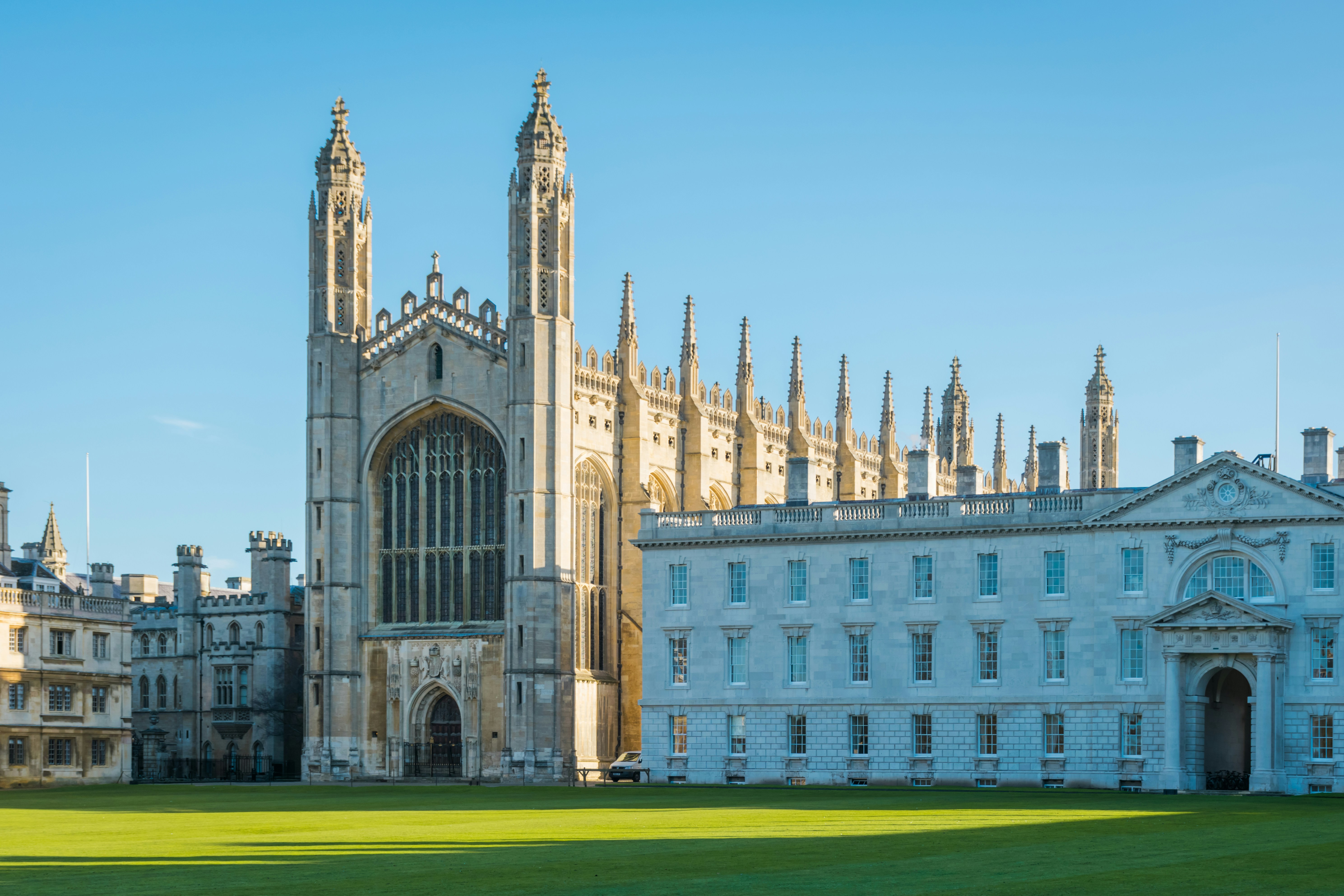University Rankings
Discover University of Cambridge's global and national rankings
University Rankings and National Performance of the University of Cambridge
The University of Cambridge is a member of the Russell Group, representing excellence in research. The university consistently ranks among the leading institutions worldwide for research performance. The University of Cambridge holds a strong national reputation for excellence in teaching and research.
Global University Rankings of the University of Cambridge
- QS Ranking of the University of Cambridge 2026: 6th globally
- Times Higher Education Ranking 2026: 3rd globally
UK National Rankings - University of Cambridge
- The Complete University Guide 2026: 1st in the UK
- Times Higher Education Ranking 2026: 2nd in the UK
- The Guardian University Guide 2026: 3rd in the UK
- QS World University Ranking 2026: 3rd in the UK
- The Times and Sunday Times Good University Guide 2026: 4th in the UK
Research Excellence at the University of Cambridge
The Research Excellence Framework at the University of Cambridge checks the quality of research at UK universities. The University of Cambridge is preparing for REF 2029 by strengthening its research quality and supporting impactful outcomes.
Employability Rankings
- Times Higher Education Global Employability Ranking 2026: 4th globally
- Times Higher Education Global Employability Ranking 2026: 1st in the UK
What These Rankings Mean for You
The world ranking of the University of Cambridge reflects its excellence in research. The global impact allows students to engage in research that addresses global challenges.
Key Strengths
- Leading research university
- World-class teaching
- Strong graduate employability
- Supportive College System
- Excellent connection with global employers
Still have questions about University of Cambridge?
Our expert counselors are here to help you with any queries about studying at University of Cambridge.
Contact Us

